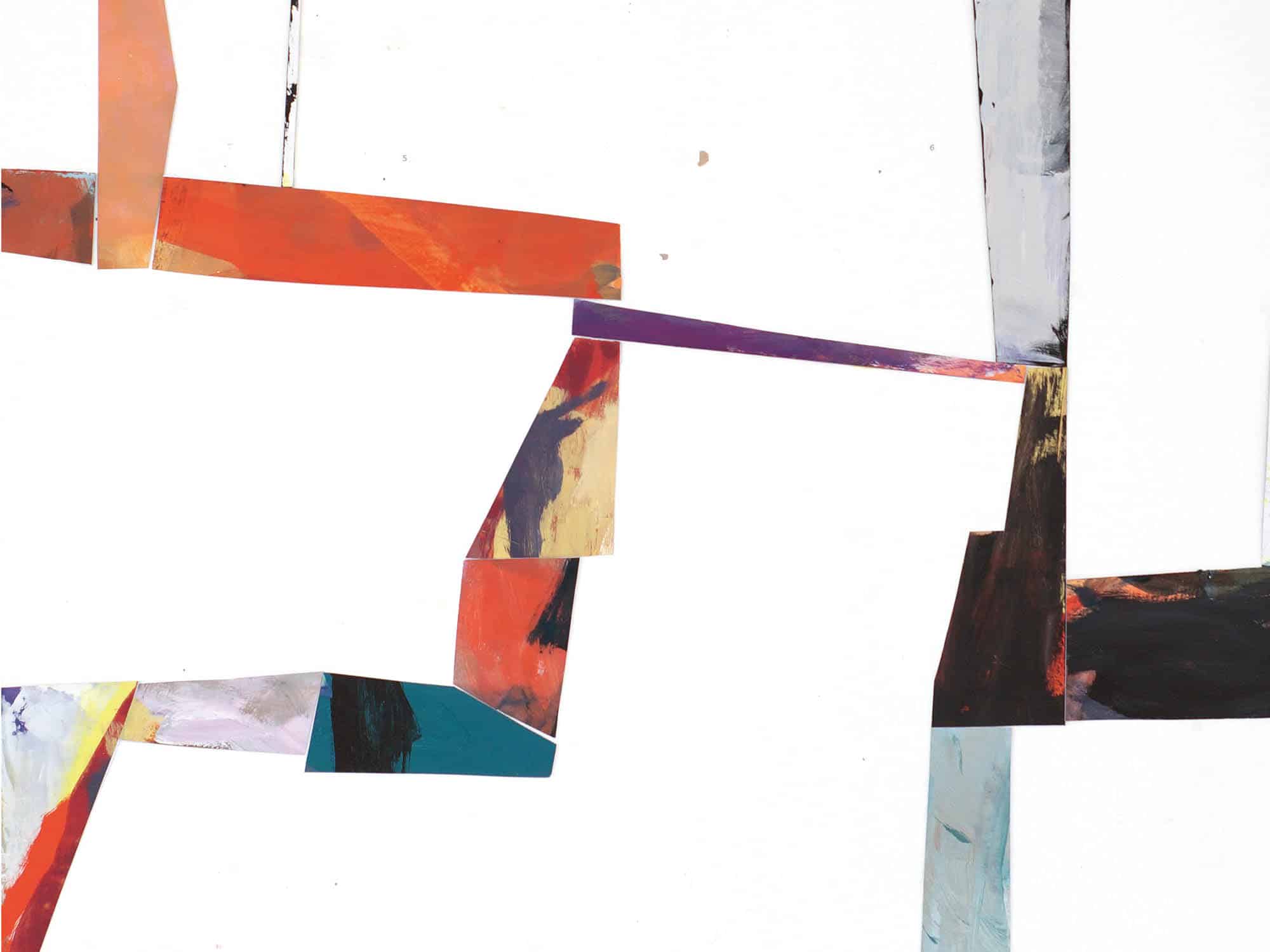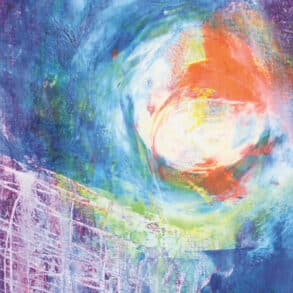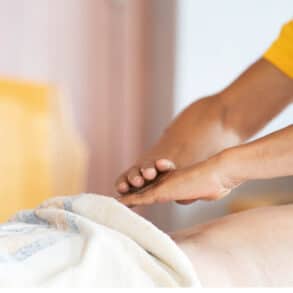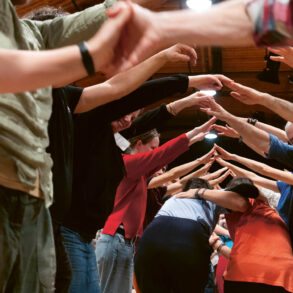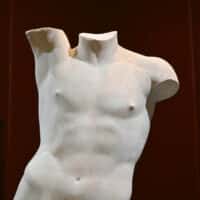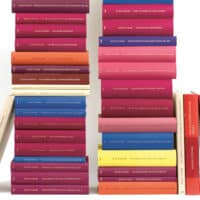When I was researching educational issues at the Central Round Table in the archives of the GDR opposition this summer, I encountered a future society and a self-image in democratic practice that I had never seen before. The basic tone in the leaflets, theses, and concepts of the citizens’ movement at the time of reunification was: we are the society, we feel responsible, we want to shape things, identify problems, and keep trying. They asked themselves: how do we want to live together? And they had ideas: “shaping life” instead of “civics or social studies,” the right of parents and pupils to participate in schools, a “Social Council for Education” as a non-partisan body, and much more. Their primary concern was not justice but rather the start of a new way of living together.
I was amazed by these documents until I realized that these people were not shaped by the perseverance of democratic practice but by 40 years of SED [Sozialistische Einheitspartei Deutschlands, or the Social Unity Party of Germany] dictatorship. It seemed to me that this experience had sharpened people’s sense of democracy: “The disturbed relationship between state and society is paralyzing the creative potential of our society and hindering the solution of the local and global tasks at hand. We are bogged down in bad-tempered passivity when we have more important things to do for our lives, our country, and humanity.” This was written in a leaflet from the New Forum in 1989.
I experience my creative potential in moments when I become effective myself and can take responsibility in community processes. Any form of political action that prevents this experience creates a vacuum of emotions and ideas, generates hidden conflicts, polarizes relationships, leads to internal and external violence, and creates trauma. These days, I am thinking: if terrorism is the extreme form of self-efficacy, love is the intimate one. And I ask myself: Where are the ideas of the time of change? They are dreaming in the archives.

Our print edition included pictures by Miriam Wahl from her work “Nomadic Fragments” (gouache and oil on cardboard, canvas, wood, and found objects; various formats, 2024).
Miriam Wahl lives and works in Marburg and Frankfurt am Main. More: www.miriam-wahl.de
Photos: Cover of issue no. 40 and view of the exhibition at Kunsthalle Kleinschönach.
Translation Laura Liska
Title image Miriam Wahl, nomadic fragments, 2024

